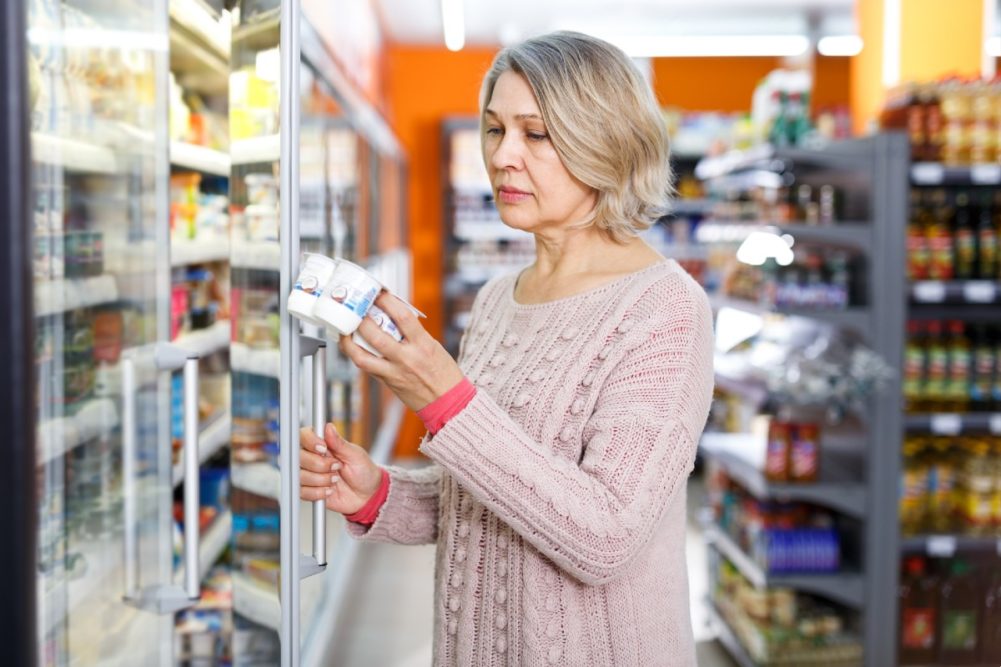WASHINGTON — Consumers rank food and beverage as one of the most important industries when it comes to environmental impact, but many are unable to articulate what makes a product in the category sustainable.
Decision intelligence company Morning Consult surveyed more than 2,000 consumers in the United States about their attitudes, behaviors and expectations around sustainability. The food and beverage industry came second when respondents were asked to select the sector in which sustainability is most important. Twenty-one percent said the topic was most important for food and beverage, slightly behind automotive (26%), but considerably higher than healthcare (10%), the third highest-ranked industry.
Despite the relative importance of sustainability, at least a quarter of consumers said they don’t know what makes a food or beverage product sustainable.
This knowledge gap can be traced to a general lack of awareness about where food comes from and how it ends up on tables, said Emily Moquin, food and beverage analyst at Morning Consult.
“Most Americans are far removed from the origin and processing of the food they eat, so pinpointing exactly what brands should be doing is really difficult,” Moquin said. “Farming, factories, emissions — there are so many points along the path that people don’t have any visibility into. There is a lot of opportunity to figure out how to tell people what you’re doing in plain and simple language.”
One thing that consumers are familiar with is packaging. Disposing of packaging in an environmentally friendly way or reducing packaging altogether was a common response when describing what it means for a food and beverage brand to be sustainable.
“Anything regarding recycling is top of mind,” Moquin said. “People see their own household waste, and that gets them thinking about what happens to all these quickly consumed products. Waste in general is important. Reducing water waste, food waste and byproducts from manufacturing are top of mind for people because they’re pretty easy concepts to understand.”
Even with the knowledge gap, consumers are more concerned about what companies are doing to reduce their environmental impact than their own personal actions. Food waste created by restaurants, grocery stores and manufacturers topped their list of concerns.
Nearly 70% of respondents said they were concerned about industrial food waste, compared to 55% who were concerned about their personal food waste. Slightly less than half were concerned about the environmental impact of their personal diet, while 64% were concerned about the environmental impact of product manufacturing.
Morning Consult asked consumers to rate the importance of several sustainable actions that food and beverage makers can take. Offering locally sourced and organic products were common responses, alongside using recyclable packaging and reducing food waste. Consumers also said they wanted to see brands implement sustainable farming practices and use sustainable ingredients.
Preventing deforestation and reducing emissions are two areas that could benefit from more communication and consumer education, Moquin said.
“There isn’t a lot of visibility for consumers when it comes to farming and deforestation, but they know it’s a part of the industry,” she said. “With emissions, a lot of the vagueness comes in with commitments to longer-term dates. People look at the timeline and question how big of an impact a brand can have or if they’re actually making any progress. It’s all about action plus education, especially when your goals are longer-term.”

